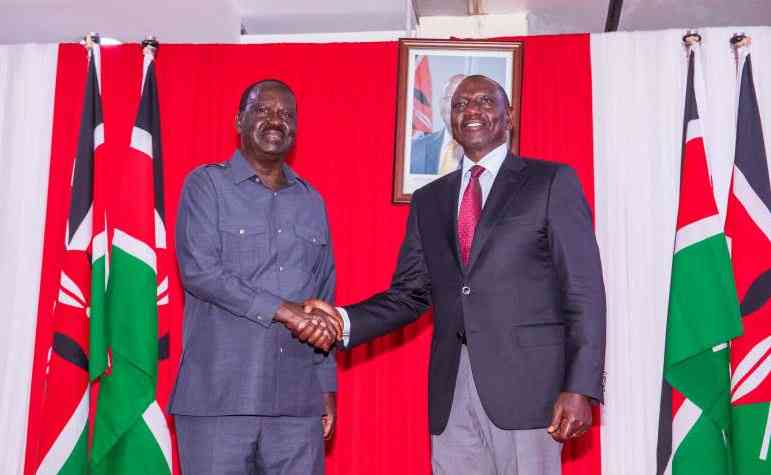
Many Kenyans are waking up to find with dismay that a staunch opposition leader has not only joined government but has become its leading cheerleader. Although the President has defended the alliance with opposition figures as a strategy to unite the nation, the spectacle of prominent opposition figures joining a widely discredited government is symptomatic of a flawed multiparty democracy.
Since the repeal of section 2A of the Constitution, party coalitions have become a regular feature of our democracy and recent co-opting of opposition figures to form a broad-based government is not exceptional. The absurdity of our approach to coalitions becomes apparent however when a fierce critic joins government and starts defending its policies like a rabid member of the ruling party.